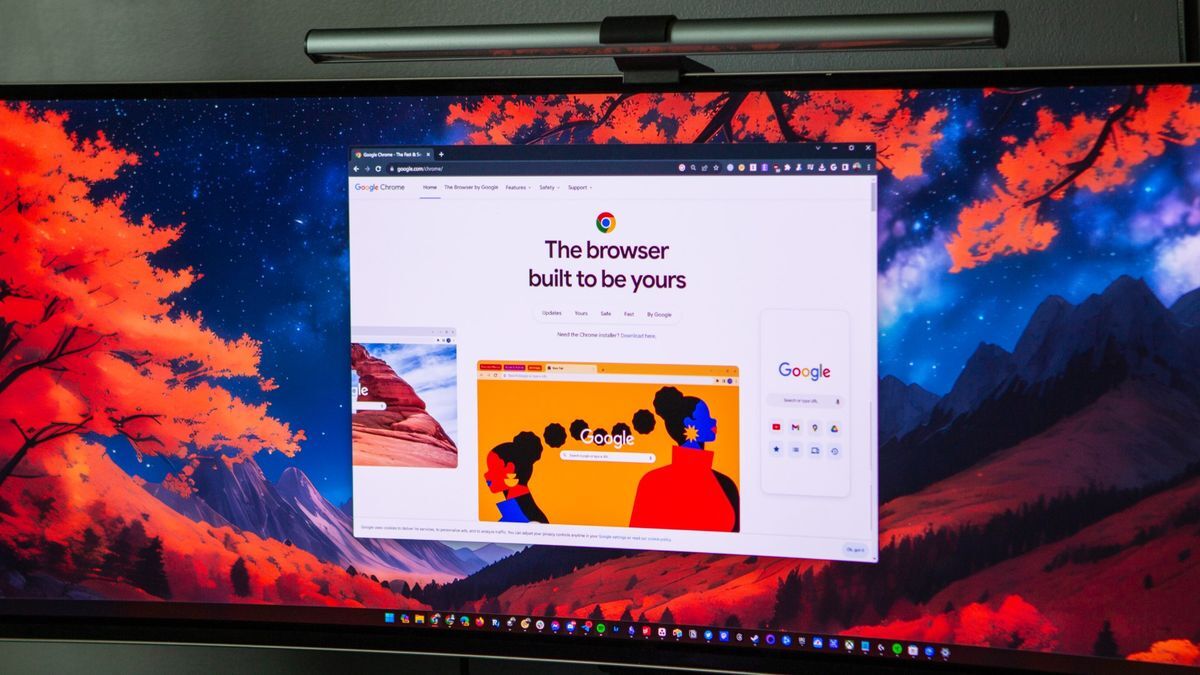Google's campaign against ad blockers across its services just got more aggressive. According to a report by PC World, the company has made some alterations to its extension support on Google Chrome.
Google Chrome recently changed its extension support from the Manifest V2 framework to the new Manifest V3 framework. The browser policy changes will impact one of the most popular adblockers (arguably), uBlock Origin.
The transition to the Manifest V3 framework means extensions like uBlock Origin can't use remotely hosted code. According to Google, it "presents security risks by allowing unreviewed code to be executed in extensions." The new policy changes will only allow an extension to execute JavaScript as part of its package.
Over 30 million Google Chrome users use uBlock Origin, but the tool will be automatically disabled soon via an update. Google will let users enable the feature via the settings for a limited period before it's completely scrapped. From this point, users will be forced to switch to another browser or choose another ad blocker.
It’s not perfect but PiHole will still catch a lot of the ads if you have the know-how to set one up. Tis a relatively cheap and easy solution that has the benefit of being able to block ads network-wide, providing your router lets you set a custom DNS.
Even if my Internet provider forced me to use their router I'd plug my own router in behind that one fuck that.
Its worth noting however this can cause weird problems since its system wide and even network wide if you set it up that way.
As an example, my wifes Spotify podcasts didn't work for months only for us to discover pihole was blocking the cdn Spotify uses.
Its a good thing I've been using Firefox for almost 2 decades then.
all chromium browsers are affected, so if a chromium browser wants to support manifest v2, they have to manually maintain it separately from the main chromium build. whether individual companies will do so ofc is tbd. braves built in browser probably not affe ted
the big companies, technological or not, always do the same thing... they launch a good product, very cheap (or free). When they already have a big market, they start cutting back. In the case of food, they raise prices, cut products, slightly change the taste... In the case of technology, they raise prices, cut the product, eliminate features....
That a company like Google, dedicated to data, has its own browser and pays to include it as standard in cell phones, it is clear that it is not going to stand still when an addon for its browser blocks part of its business...In this case, very few will switch browsers. That means changing habits. Already did with Google Photos.... . Tiene miles de millones de fotos y vídeos de menores, de fiestas, íntimas... Ofrece espacio gratuíto y después, le pagas por ello, porque tienes tu vida ahí.... Or with Google Maps. It's a great service, but it knows where you go, what for, your schedules... a brutal security problem...or with email.... it reads everything. Because otherwise it will add you to the calendar when you take a flight without having opened the confirmation email...
I've never stopped using Firefox. Google pays it too, but it's the only one that's independent. And then there's Waterfox, Librewolf, PaleMoon... Run away from Google... there are alternatives.
Translated with DeepL.com (free version)
This is the perfect time to go aggressive on telling your friends to switch to Firefox
Lots of firefox mentions, no mention of Vivaldi tho...?
Honestly, I blame developers who, some years ago, decided it was a good idea to centralize the browsers into the same engine. Yeah, it was hellish to maintain code for all browsers at the time (IE5, IE6, Firefox, Safari, etc), but it was paradise compared to our current scenario: at least we really had options: WebKit, Trident, Gecko, as well as lots of smaller, almost unknown engines. Now, all modern browsers are different wrappings of Chromium or Firefox, while most modern sites are developed without the active worry to keep Firefox compatible (one can notice how modern HTML5 features varies across both of them). It has no easy solution. Don't update, maybe? (Until sites start to complain about the outdated version)





